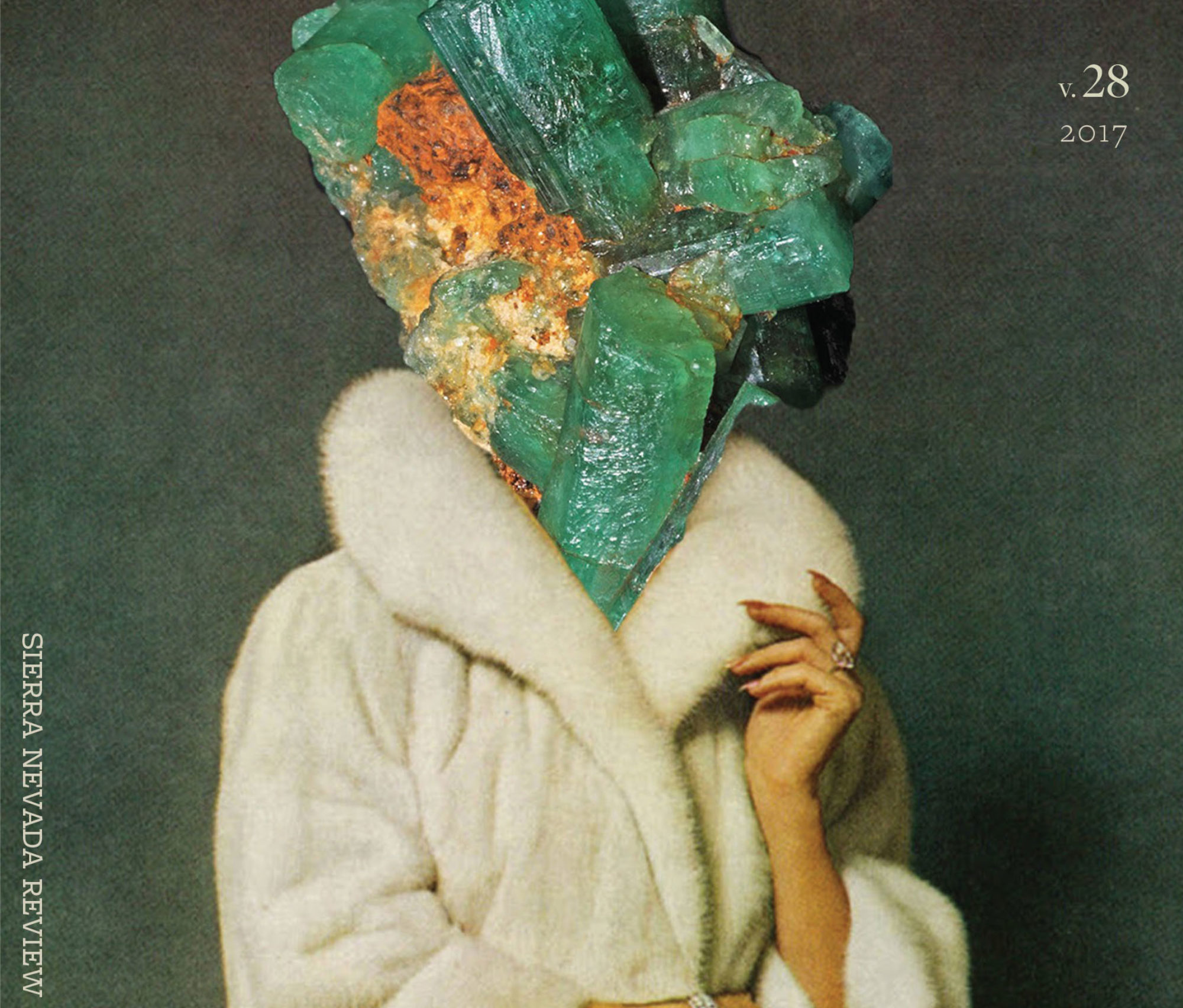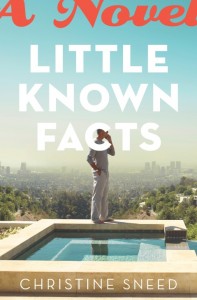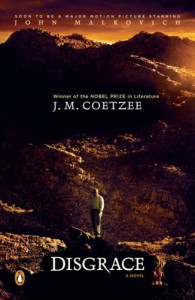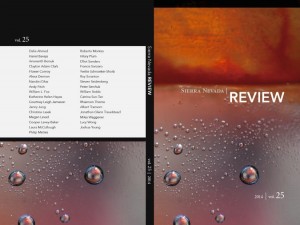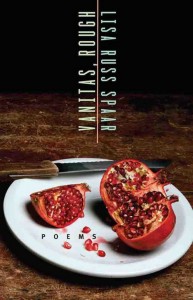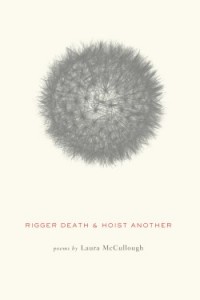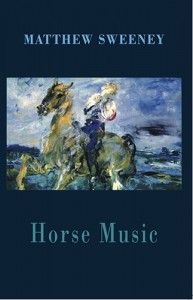Christine Sneed
Little Known Facts
February 2013
Bloomsbury USA
ISBN: 978-1608199679
Christine Sneed’s debut novel, Little Known Facts, is a heartwarming and genuinely thoughtful look at the glitz and glamor in today’s star obsessed, reality television watching material world. Sneed successfully humanizes Renn Ivins and his complicated family, highlighting their flaws and sufferings in a circumspect and close-to-home manner. Sneed’s lens offers the reader a candid and, at times, humbling view of what it takes to find your way in life – no matter who your daddy is. It is as if Sneed possesses a powerful fluorescent light that out-shines the stardom of Hollywood, allowing the reader to see beyond the spotlight of fame to discover the everyday worries and disappointments of these seemingly advantaged families. Renn’s slew of ex-wives and lovers and late life insecurities remind us that they have as many, if not more issues than the “normal” or “average” American family. Addressing aging, self-acceptance and love, Sneed proves that with the right insight and understanding we can all find our place in life—whether it was where we thought we would be or where we never thought we would ever be. Her insight is astounding and her delivery is flawless.
Sneed stands strong as a fiction contender. She is a refreshing alternative to the ghostwritten tell-alls and celebrity biographies that assault our senses from every angle—in book and grocery stores nationwide and I am sure the public would agree that the truthfulness of this story rivals those. Her story is light in a way that it even has the tendency to poke fun at itself—there is a novel about a famous family within the novel about a famous family. Melanie (ex-wife #2) publishes a memoir titled This is Not Gold, and reflects on whether or not some of her decisions were for the reasons she had thought.
In chapter eight, titled “A Good Person,” Sneed bestows the opportunity upon the reader to examine Renn under a microscope. The reader learns that he keeps detailed and rigorous journals of his life and feelings. These journals start at the first of every year and are promptly burned at the end. In this chapter, Sneed reveals the desperation that so many have to “tell their story.” How misinterpreted one’s life can become. Renn keeps two journals: one to be published postmortem and a second that is personal. He defends his keeping of a journal, revealing that it “…is where I write down things that I have done or thoughts I have had that sometimes make it hard to sleep at night…Despite the risks, I need to keep this second journal because it’s like a pressure valve—if it weren’t there, my life would blow up” (173). Most people with jobs, families and stress can relate to needing a similar sort of release.
With this novel Sneed reminds her readers that at the heart of things we are all the same. We struggle, we fight, we suffer and we do terribly embarrassing things—no matter our age or stature. We wish that we could control how people view us—and though we may not have a post mortem memoir that is worthy of publication, we do have pride and a sense of self-preservation that is inherent in almost everyone. There is a humanizing detail to every persona and perhaps if one were to take the time to step back and look, we would all discover that money, fame, popularity, and success are all just things and with those things come grief, sadness, disappointment and self-realization.
Crystal Miller lives in Tampa, FL with her family where she teaches writing at Hillsborough Community College. She is a voracious reader and before entering Sierra Nevada’s MFA program, she earned her Bachelor of Arts at SUNY Empire State College with a dual major in Literature and Creative Writing. Crystal is currently working on her first novel, which will be the first in a series regarding female serial killers.
